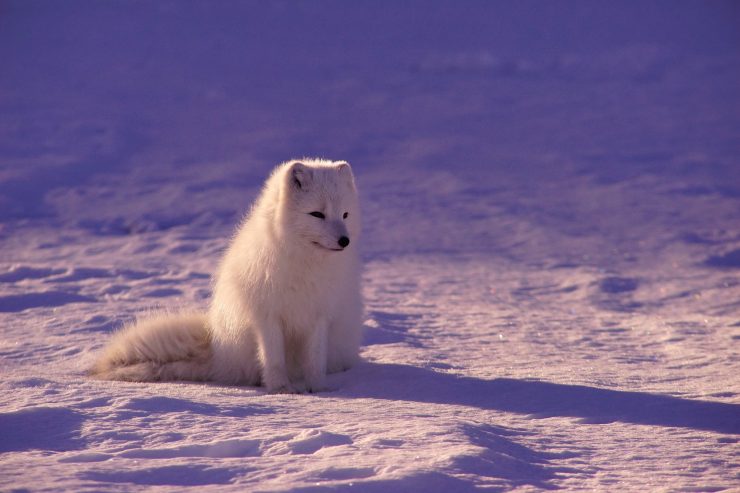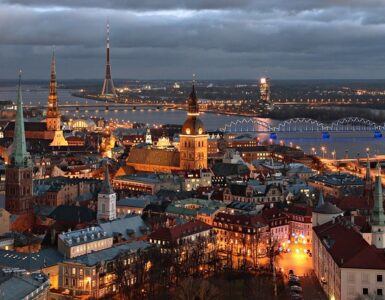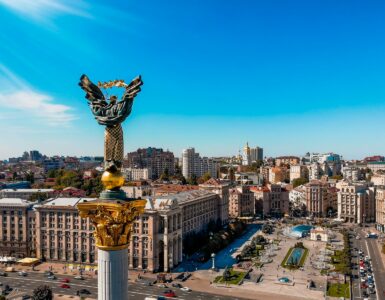YANDEX WATCH
> Yandex plans to increase the autonomous capacity of its delivery robots, from the number of robots supervised by a single operator from 15 to 100, according to Deputy CEO of Yandex Tigran Khudaverdyan. Currently there are 200 Yandex rovers operating outside of Russia, which the company sees as an export product. [Smotrim.ru]
> Yandex enabled its AI assistant Alice to call your phone contacts. The Russian search giant’s answer to Siri and Alexa is now also ready to make some calls. Alice’s international competitors can pretty much already do this, with some limitations. But the new functionality is likely to add value to the Russian-language users, especially those relying on Yandex maps and other applications on the road. [Source: Vedomosti]
SPACE TECH
> Russian Space Systems, a part of Roskosmos State Corporation, is looking to the sun as a renewable resource of electricity as a part of a potential space station they’re exploring. According to the researchers, the solar space station would “allow regular supply of electricity to hard-to-reach areas, islands, mountains and northern regions of the Earth regardless of weather conditions or time of day.” [TASS]
AGROTECH
> As John Deere dazzled investors with its new autonomous 8R tractor at the CES show in Las Vegas in their bid to become the “Facebook of farming,” they’re going to face a ton of competition abroad.
Saint Petersburg-based Cognitive Pilot, which is a joint venture of Russia’s biggest bank Sber and Cognitive Technologies Group, has been busy testing its autonomous tractor technology last year and is looking to ramp up production in February 2022.
FOOD TECH
> Innovation center Skolkovo and Uralchem Innovation held a startup competition, as a part of Uralchem’s long-term mission to cultivate a pea protein industry in Russia. They’ve selected 15 winners capable of creating plant raw materials from yellow peas, which include cheese, chocolate, ice cream and alternative seafood products. While Russia is the second biggest producer and exporter of peas, the mass production of pea proteins is still in its early stages. [Source: vz-nn.ru]
CONSUMER TECH
> Russia’s talks with the U.S. and its European allies this week could result in more sanctions, including “export barriers to block international sales to Russia or products with a certain percentage of American content, as well as preventing Moscow from getting access to cutting-edge microchips used in everything from aircraft to consumer electronics,” the Wall Street Journal reported on Monday, citing people familiar with the matter. [The Wall Street Journal]






Add comment